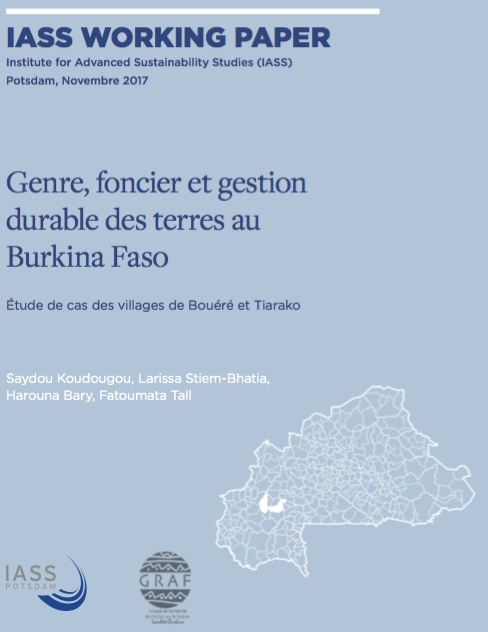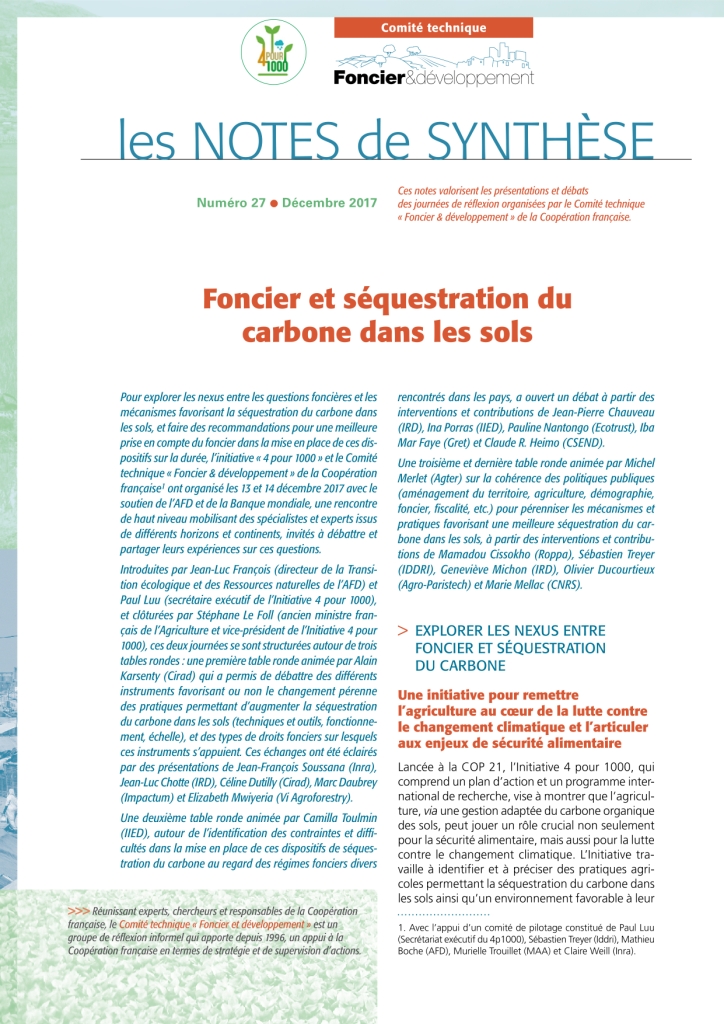An Analysis of Transparency and Accountability in Land Sector Governance in Zimbabwe 2013
Contains 6 chapters: introduction, accountability issues in urban land management, transparency and accountability in communal land management, corruption and land reform programmes, accountability issues in large scale land deals, gender, youths and land corruption. The findings show that land governance is fragmented creating opportunities for corruption in and across institutions.












